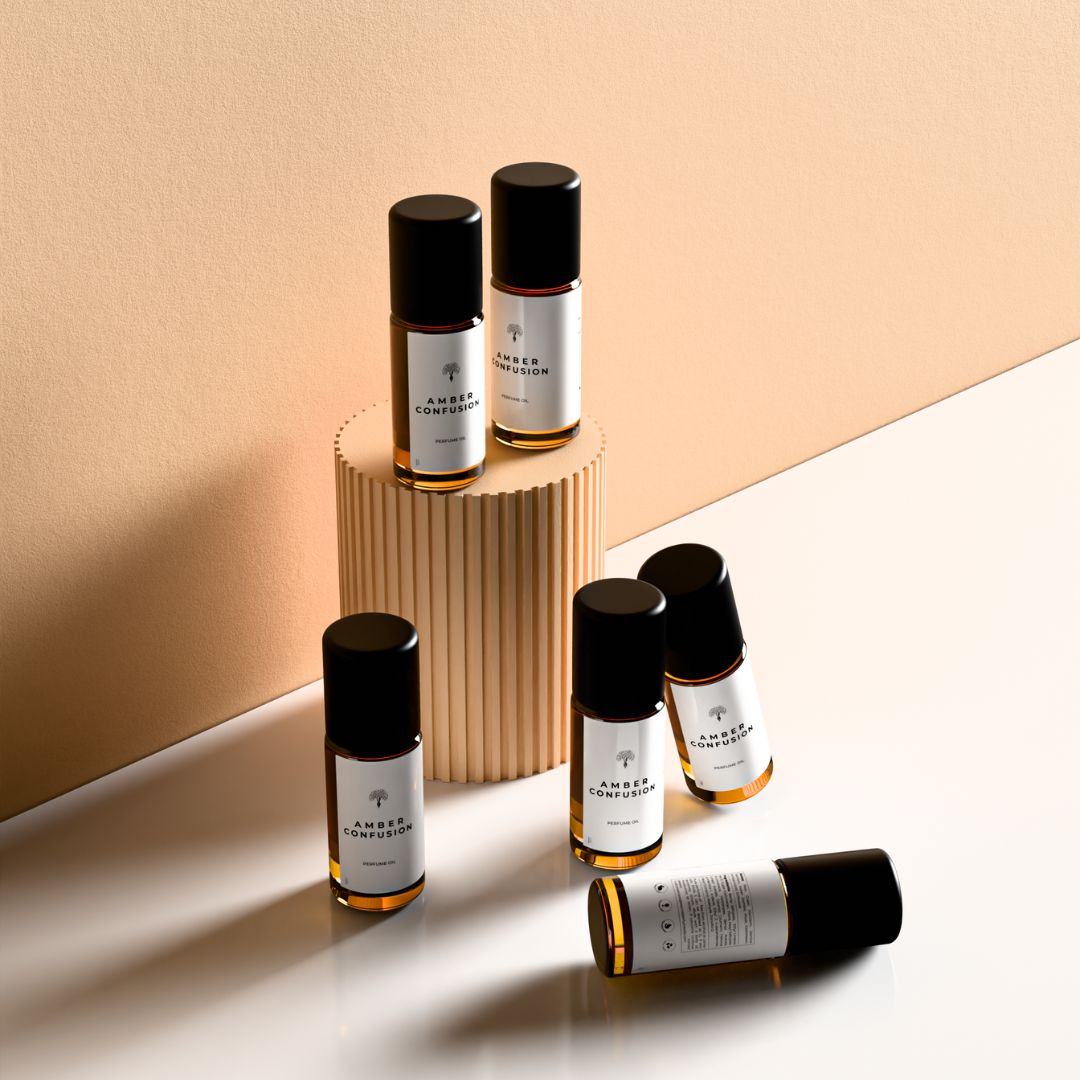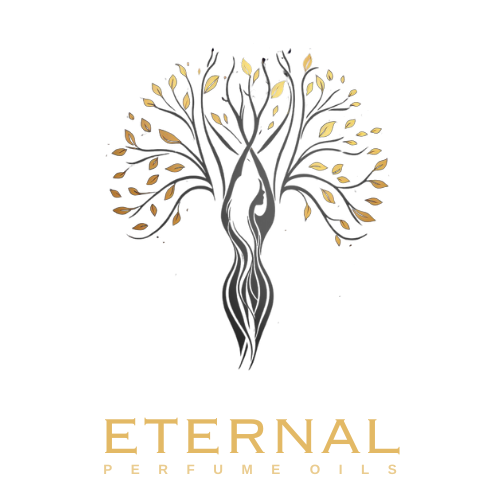
Parfum vs Eau De Parfum vs Eau De Toilette
Being a fragrance connoisseur or newcomer, you must have learned about multiple terms for perfumes that seem different in their spellings. But in actuality, they all are different in their composition, longevity, and even strengths. In the coming paragraphs, we will go over spotting the major differences between parfum, eau de parfum, and eau de toilette
The very first basic contrast of: Parfum vs. eau de parfum (EDP) vs. eau de toilette (EDT) is variability in fragrance oil concentration; therefore, strengths also differ. EDP contains a 15 to 20 % solution of perfume, and EDT 5 to 15 %. However, Parfum has the most concentrated level at 40%. Thus, you’ll see a visible difference in longevity and sage among these variants.
The concentration in each of these types is made by adjusting ratios of alcohol and fragrance family that also affect scent aromas. Usually, contrasted with EDT or EDP, parfum has a more sophisticated and complex fragrance profile. This is so since parfum has higher fragrance oil content, which provides more depth and power.
Let’s delve into the contrasting differences to know which perfume you must buy next time, knowing longevity, strengths, and sophistication!
Also Read: Eau De Parfum and Eau De Toilette
What is a parfum, and what is its composition?
In oil perfumery, “Parfums” are also sometimes known as "extrait de parfum," the most potent kind of fragrance.
With 20% to 40% fragrance oils, this is a potent and enduring choice compared to EDT or EDP. While 60% to 80 % is alcohol concentration. These ratios make it the most complex, rich, and intense that you can enjoy all day long without reapplication.
Men who love bold and long-lasting scents must consider buying Prafum’s because they offer a hypnotizing fragrance experience that raises their well-known coffee and floral notes in a creative and unorthodox way, leaving a sophisticated impression after every use. However, it might come with a heavy price tag.
Wearing perfume at your formal occasions or evening events could be a seductive and potent attraction element. They are ideal choices for winter and cold weather because of their enigmatic heat that gives you comfort under the cover of winter clothing.
A fragrance like Black Opium Le Parfum is appropriate for strong and more sophisticated smells. To not break the bank and still enjoy the charm of Black Opium, you might want to go by Herat by Eternal Perfume Oils. It is a potent perfume oil that mirrors the formerly discussed Y scent.
What is an Eau De Parfum and its composition?
Take Eau de parfum as the medium concentration fragrances because it has higher essential oil concentration than EDT, while lower concentration than parfum. The ratios found in these scents are adjusted between 15% and 20% fragrance oil while the rest is the alcoholic medium where oil extracts mix and blend to show off the emerging aromas.
Assuming you employ the correct strategy for perfume application, an EDP lasts on the body up to 10 hours, depending on its fragrance profile and longevity.
Most unisex fragrances are composed in EDP, and are perfect for your special days or events. You can carry them on formal, informal, or casual occasions because there are more flomonths,immersed in rich base notes from oriental or woody families. In short, they range from sweet and romantic to exotic and daring warmth!
What statement do you want to make, if not with EDP?
What is an Eau De Toilette and its composition?
Eau de Toilette, is mild intense because it has a lower perfume oil content, i.e., 8% to 15%, and more alcohol and water. The greater alcohol content in eau de toilette makes it an ideal choice for daily wear—or for on-the-go reapplication, since it causes the fragrance to disappear quicker rather than being a disadvantage.
Aside from oil concentration, how do eau de parfum and eau de toilette vary? An EDT has fresh and reviving fragrance profiles, while an EDP offers more heady scent profiles, therefore giving the wearer a casual feel.
You can enjoy them for office or lunch and dinners—but sparking your aura for longer hours is not its specialty.
Which perfume type is best: EDP vs. EDT vs. parfum?
As you already know the fragrance oil concentration, you must note your preferences. Such as if you love dark, mysterious, and long-lasting scents, then opt for perfumes that offer amplified heated intensities, but if you are looking for soft and delicate appeal, then choose EDP or EDT. However, this selection also depends on months; such as in winters and autumns, cozy and comfy feelings are achievable with Parfum while in summers, EDT is good as it is soft and refreshing mostly.
You must also choose according to the event; if going to the office, then putting on a complex fragrance can irritate your peers. So, be smart to choose the intensities!
If you have no idea what scent best suits you, you may be guided:
Start from personal liking
Your search can be narrowed down by determining your preferred perfume scent profile; fragrances should mirror your personality and taste. Which scents—woody, amber, floral, or citrus—would you prefer? What would you like to convey about yourself through your signature scent, whether it be an EDT, EDP, or parfum?
Reflect on the event
Depending on the event, your view of different odors might alter. While others are ideal for a friendly meeting with friends, some scents are ideal for dressy events, including dinners, weddings, and corporate affairs. This can sometimes seem to be the intensity of a fragrance, which is where the difference between an EDT vs. EDP vs. parfum really matters.
For example, if you work in a professional setting, a parfum might be too strong for your daily scent; nevertheless, that same perfume might be ideal for a wedding, where its many notes unfold over many hours.
Consider the season & your skin
Parfum vs. eau de parfum (EDP) vs. eau de toilette (EDT): your fragrance selection might vary year after year to show the seasons shift, as the intensity of your perfume reflects the time of year. A hot perfume, for example, is excellent for penetrating our numerous winter layers, whereas a zesty eau de toilette exhibits a natural affinity with a crisp summer morning.
Fragrances interact with different types of skin in different ways; it is advisable to try fragrances on your own skin when possible. And choose the one that absorbs while not causing any allergies.
Final Thoughts
Choosing from Parfum vs. Eau de toilette vs. Eau de Parfum isn’t complex. All you have to do is know the exact concentrations that impart strength and power to your favorite perfumes. Perfumers have designed “PARFUM” with the most potent and intense concentration of 40%, while EDT has the least, at 5 to 15%. However, EDP has moderate ratios of fragrance oils, i.e., 15-20% of oil. These strengths also make them show more longevity and sillage. You can choose any of them knowing your preferred choices about perfumes!
